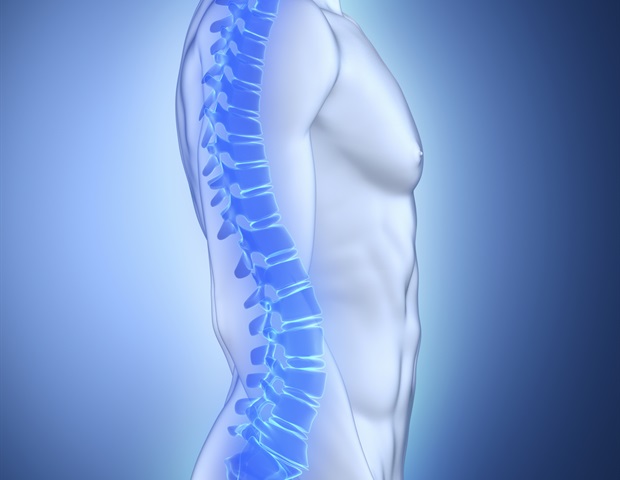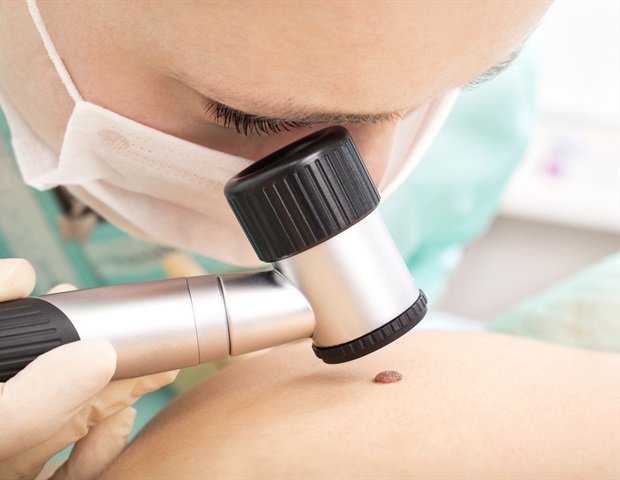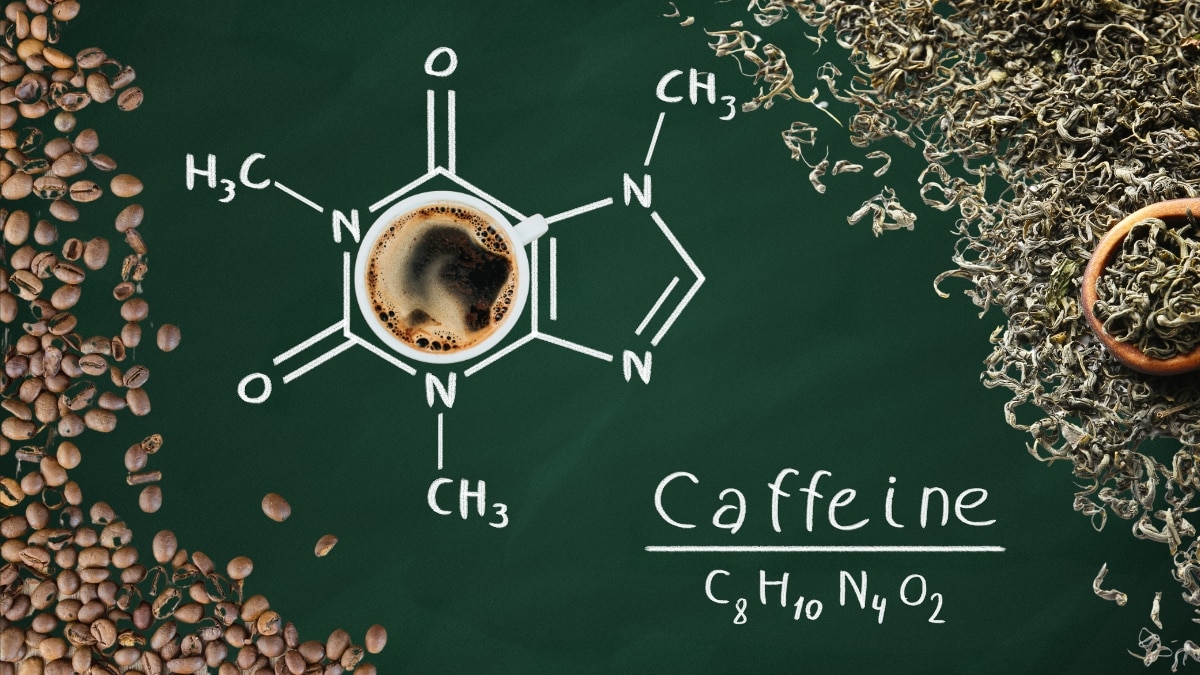Over the past two decades, a troubling pattern has emerged: more young adults are being diagnosed with colorectal cancer — a disease traditionally seen in people over 50. If this trend continues, early-onset colorectal cancer could become the leading cause of cancer-related deaths among young adults within just five years. What's causing this surge remains unclear.
With few genetic links and no consistent risk factors like obesity to blame, scientists have started looking beyond lifestyle and genetics. Now, growing evidence suggests the environment we grow up in — including the microbes in our guts — could be a major contributor. A study led by the University of California San Diego, published in Nature , sheds new light on the issue.

Researchers found that exposure to a bacterial toxin called colibactin , produced by certain strains of E. coli , may trigger genetic mutations in childhood that later lead to colorectal cancer. This discovery challenges the assumption that cancer is only shaped by adult behavior, suggesting early-life exposures could plant the seeds for disease much earlier than expected.
Cancer Mutations Begin in Childhood In analyzing 981 colorectal cancer genomes from patients across 11 countries, the team discovered a pattern: mutations tied to colibactin were 3.3 times more likely to appear in individuals diagnosed before age 40. “Our original goal was to examine global patterns of colorectal cancer to understand why some countries have much higher rates than others.
But as we dug into the data, one of the most interesting and striking findings was how frequently colibactin-related mutations appeared in the early-onset cases,” said study first author Marcos Díaz-Gay in a press statement . The team was also able to pinpoint when these damaging mutations occur — within the first ten years of life. “These mutation patterns are a kind of historical record in the genome,” said study senior author and professor at UC San Diego Ludmil Alexandrov in the statement, “They point to early-life exposure to colibactin as a driving force behind early-onset disease.
” Read More: Colon Cancer Rates Are Rising in Young Americans How Environment Shapes Cancer Risk The researchers are part of a larger effort to understand how environmental factors — from UV exposure and bacterial toxins to lifestyle choices like diet, smoking and alcohol use — can cause mutations in our DNA. Some of these changes, it turns out, may quietly pave the way for cancer. “Not every environmental factor or behavior we study leaves a mark on our genome,” said Alexandrov.
“But we’ve found that colibactin is one of those that can. In this case, its genetic imprint appears to be strongly associated with colorectal cancers in young adults.” Researchers believe that bacteria capable of producing colibactin may quietly settle in children's digestive systems, altering their DNA over time and potentially laying the groundwork for cancer before any symptoms emerge.
Rethinking Cancer Prevention “This reshapes how we think about cancer,” Díaz-Gay said. “It might not be just about what happens in adulthood — cancer could potentially be influenced by events in early life, perhaps even the first few years. Sustained investment in this type of research will be critical in the global effort to prevent and treat cancer before it’s too late.
” According to the press release, this is the first study to clearly link colibactin-related mutations to early-onset colorectal cancer. While it’s a strong sign of a causal relationship, more research is needed to confirm the connection and address other open questions: How are kids getting exposed to these bacteria? Can diet, environment, or lifestyle choices influence colibactin production? And how can people know if these mutations are already present in their bodies? To that end, the team is already working on non-invasive early detection tests using stool samples and exploring the use of probiotics to counteract harmful microbes — potentially helping to prevent the disease before it even starts. This article is not offering medical advice and should be used for informational purposes only.
Read More: Eating a Game-Day Hot Dog Could Increase Your Risk of Colorectal Cancer Article Sources Our writers at Discovermagazine.com use peer-reviewed studies and high-quality sources for our articles, and our editors review for scientific accuracy and editorial standards. Review the sources used below for this article: Nature: Geographic and age variations in mutational processes in colorectal cancer Toxins: Shining a Light on Colibactin Biology Having worked as a biomedical research assistant in labs across three countries, Jenny excels at translating complex scientific concepts – ranging from medical breakthroughs and pharmacological discoveries to the latest in nutrition – into engaging, accessible content.
Her interests extend to topics such as human evolution, psychology, and quirky animal stories. When she’s not immersed in a popular science book, you’ll find her catching waves or cruising around Vancouver Island on her longboard..
Health

Childhood Bacteria Exposure Linked to Early Cancer Risk

Bad gut bugs in kids may play a role in the rise of colorectal cancer at younger ages.















